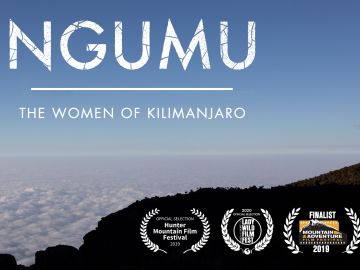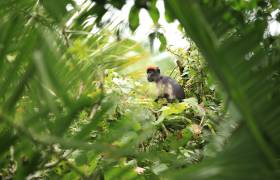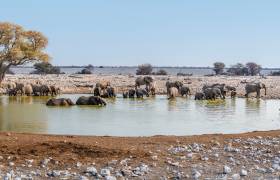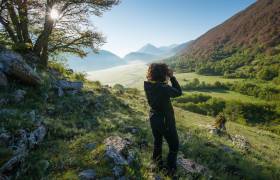In Tanzania, the Swahili word for porter is “Ngumu” which literally translates to the word “tough”. And this is exactly how we would describe the sheer resilience, determination and strength shown by our female porters as they make the exhilarating ascent up Africa’s highest mountain – Mt. Kilimanjaro. It’s these remarkable women who are effectively changing the face of Kilimanjaro porterage. And at the heart of it all, lies our pioneer and Senior Guide, Lucia Kivoi, known as the “lioness”, who became one of the first women to break down the equality barriers when it came to female porters climbing to the roof of Africa.
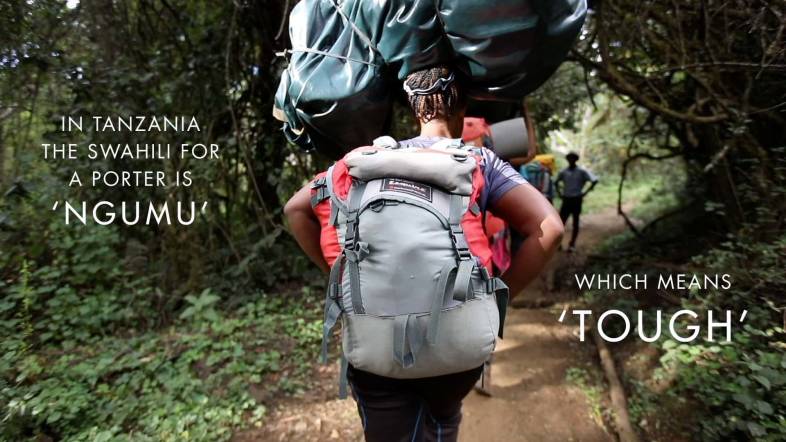
To us, porters are the literal backbone of any big trek. It’s porters that are enabling our travellers to explore higher regions across the world in comfort and they deserve recognition regardless of gender. However, until very recently, there was a social stigma attached to a woman being hired as a porter on Kilimanjaro.
Men believed women couldn’t cope with the physical demands of summiting Africa’s highest mountain; a demanding job which involves carrying 25kg each, with some carrying the majority on their head while also lifting rucksacks on their backs. When it comes to their culture, women in the communities surrounding Mt Kilimanjaro still live in a heavily patriarchal society, where they are expected to stay at home, cook and raise their children. To men, having a female porter was unheard of.
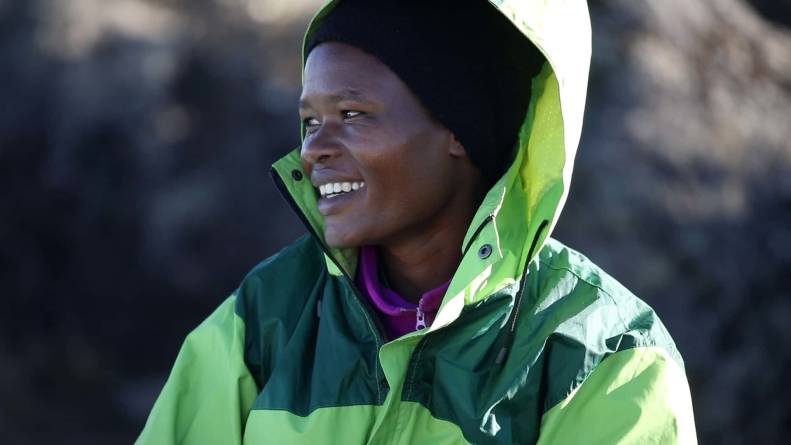
However, in spite of the negative connotations surrounding the strength of female porters, Lucia and other inspirational women took this as a challenge. Lucia was one of the first females to apply to become a porter because she felt it was one of the only viable ways to support her family in the long-term. It may all be in a day’s work to some, but it’s a life-changing occupation for every woman on the mountain.
To get on an even-footing with men when it comes to their careers and financial standing in Kilimanjaro, speaks volumes. It is these women who are role models, helping to pave the way for a new generation of female porters, many of whom are single mothers that are looking to support their families and provide for their children’s education. Lucia says, “there has been a big impact in the community even off the mountain, as most women are now looking to the mountain for work.” Kilimanjaro stands as a pillar of hope for these women.
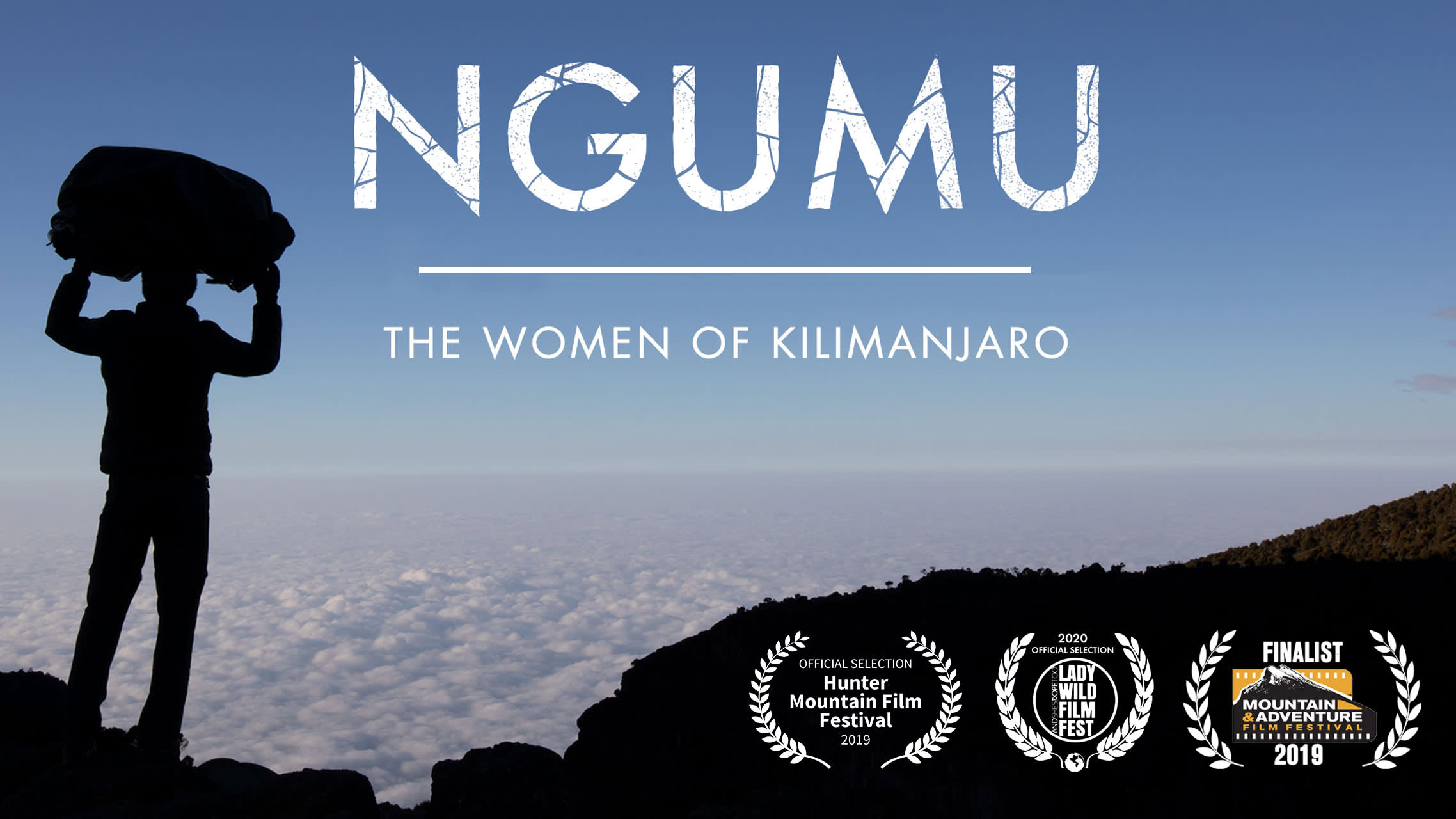
Olly Pemberton, Exodus’ videographer and award-winning director of the 22-minute film, entitled “Ngumu”, shone an incredible spotlight in March 2019 on the female pioneers that are changing the game, as they led Olympic Gold Medallist, Crista Cullen, up Kilimanjaro. He was quick to comment, “While being a porter on the world’s highest free-standing mountain is hard enough, being a female porter in a heavily male-dominated role brings a whole extra set of challenges. To put it into perspective, on Kilimanjaro currently only 18% of the workforce are women. Ten years ago, there were none.”
Changing perceptions has taken time, but when asked how women are viewed by their male colleagues now, in comparison to when Lucia started, she said, “Men realised that women are in fact capable, they just need a chance.” she continues, “The female porters are much more self-confident now than in the earlier years.”
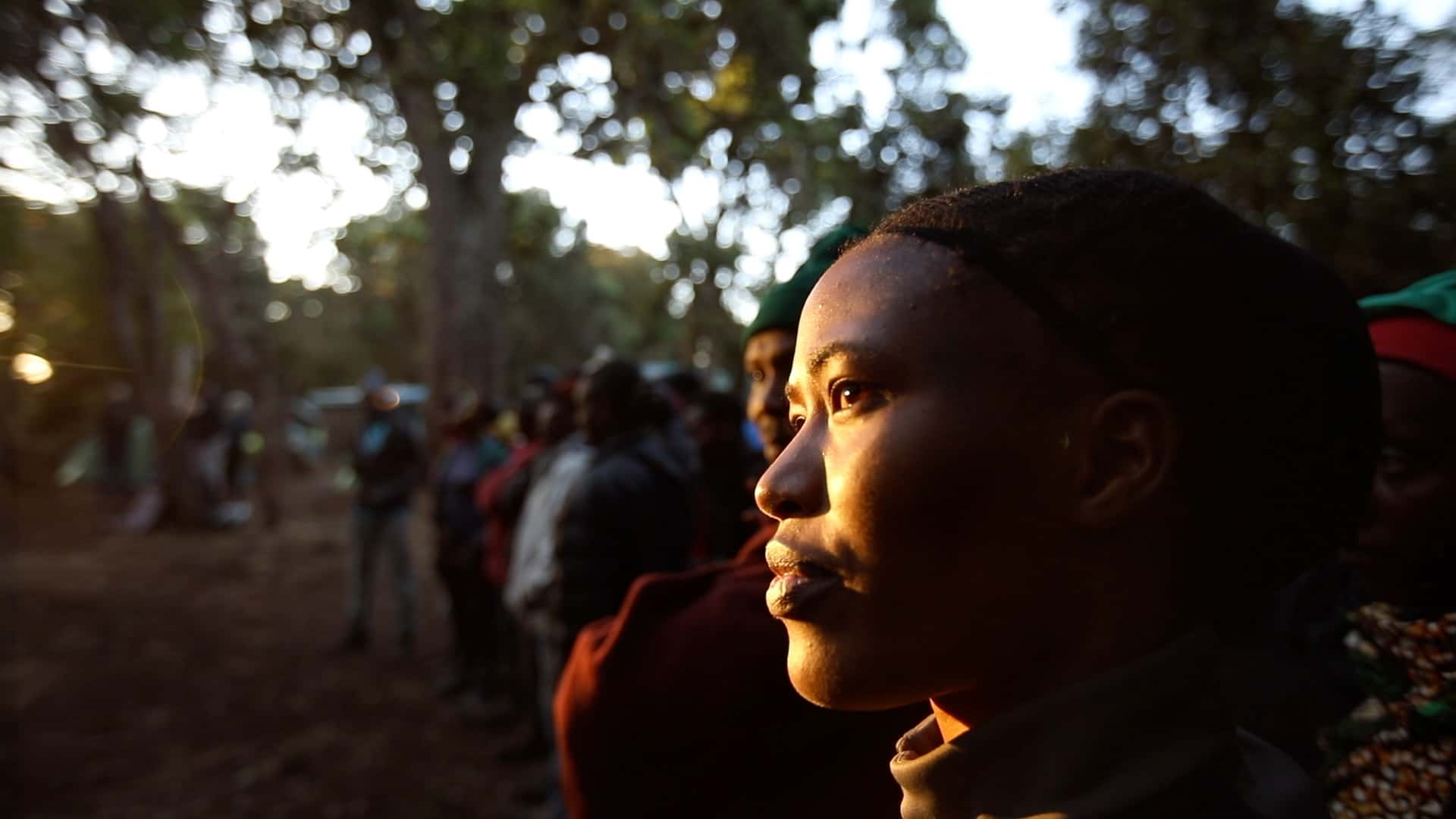
Since 2010, Exodus have had an ongoing partnership with the Kilimanjaro Porters Assistant Project (KPAP) – an organisation that helps to protect porters’ welfare and rights, while also partnering with mountaineering operators, the African Walking Company (AWC) in 2015. From collaborating with these two key local networks on the ground over the past decade, Exodus were able to fully fund one porter every year through the guide training programme at the Kilimanjaro Guide Scholarship Foundation.
Two “Rainy Season Schools” were also created to teach porters English during off-peak climbing seasons, to help further enhance their future prospects for employment. Since the launch of our over-arching Kilimanjaro Porter Project, both men and women in Kilimanjaro have continued to make great strides through sponsored Exodus scholarships at the Bridge Institute of Business Studies in Arusha, Tanzania, Mweka College of African Wildlife Management and other local institutions, for those looking to progress into more senior roles.
But this year, one year on since the filming of “Ngumu”, the Exodus Adventure Travels Foundation are welcoming the next chapter of their ongoing Kilimanjaro Porter Project, focusing particularly on celebrating these remarkable women and to help inspire others to climb to the roof of Africa.
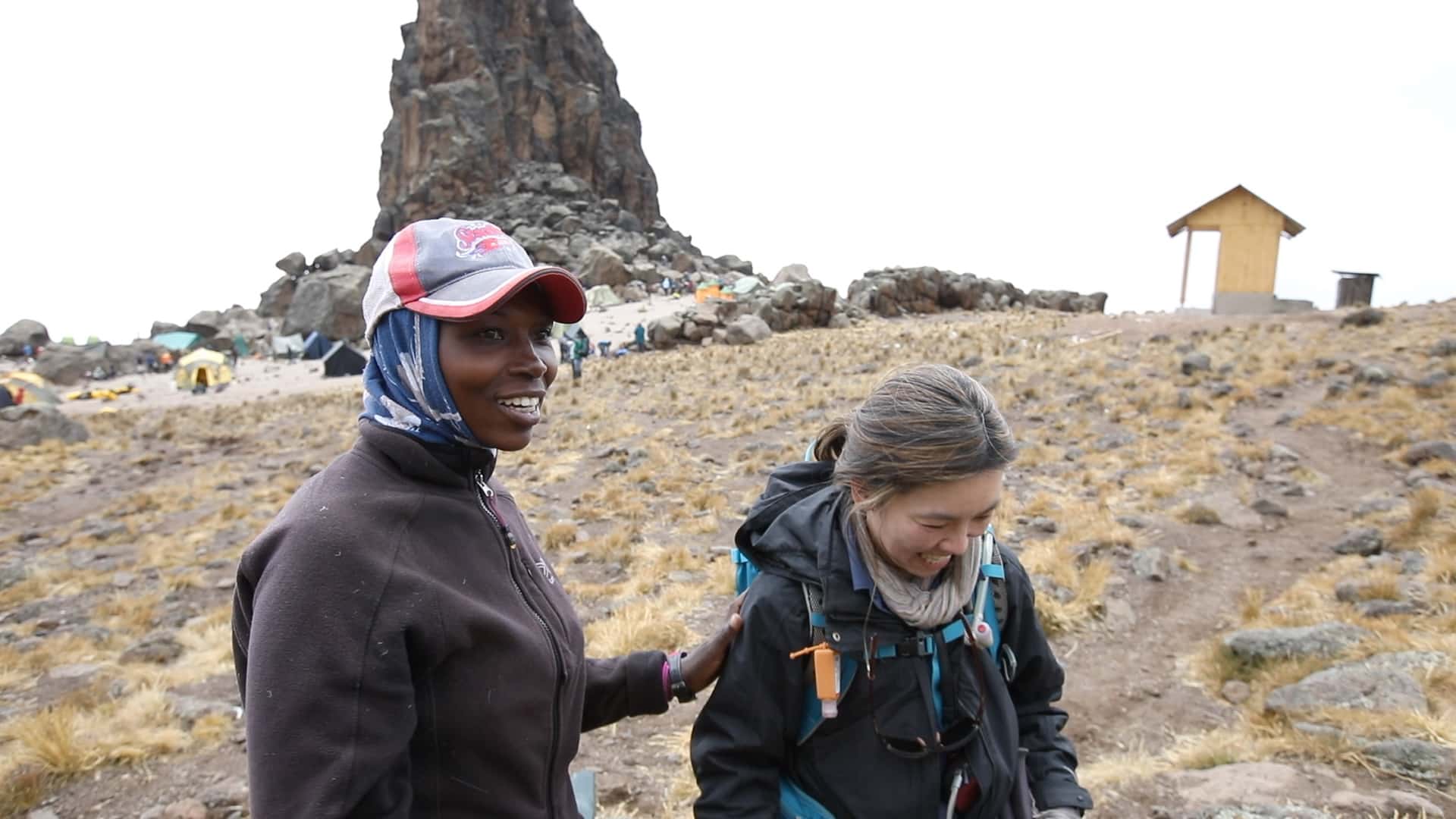
Partnering with Robertson Outdoor Bursary, we’re committed to sponsoring 30 women over the next three years through an essential part of their guide training with our Mountain Lioness Scholarship. Named in honour of Lucia, whose nickname is “lioness”, thanks to her unrelenting determination and courage to mentor women on the mountain, the modules taught over this three-week period, help women to gain their Guide License (an essential requirement for anyone wanting to guide in Mt. Kilimanjaro National Park).
Ranging from First Aid Emergency Care and Wilderness Rescue to Interpretation and Identification of Mountain Physical Resources and more, these core five modules help to provide women with the essential guide skills they need to become fully qualified and succeed as a guide on Kilimanjaro.
For years, female porterage and guiding has formed a vital component of our treks and we look forward to organising two ‘female crew’ departures on an annual basis to Kilimanjaro, with this year’s departure setting off in March 2020. Helping to reinforce employment opportunities for women, this trek is led by a majority of female guides, a female cook and around 10-20 female porters.
Through the Mountain Lioness Scholarships, Exodus wants to ensure that the same career opportunities for men, are available for women as well, so as women in Kilimanjaro can have financial independence. This scholarship enables these remarkable women to work alongside their male counterparts without the social stigma, in the hopes that a female head guide will soon become the norm in Kilimanjaro.
If you’d like to join our incredible mountain lionesses on their journey by making a donation, click here.
